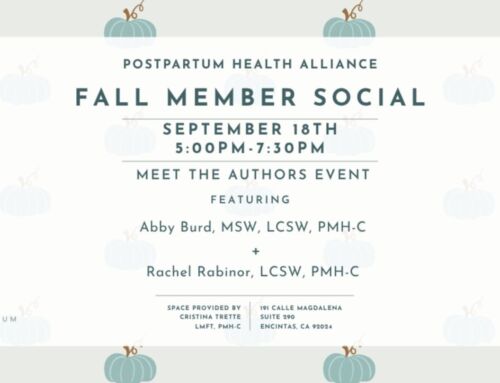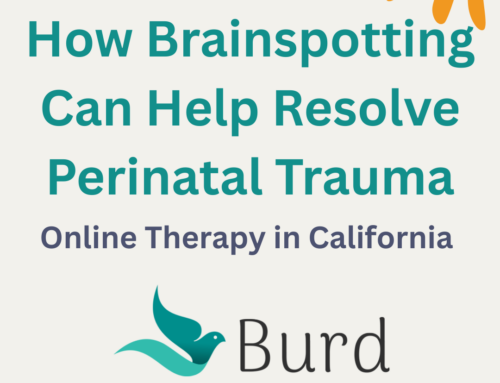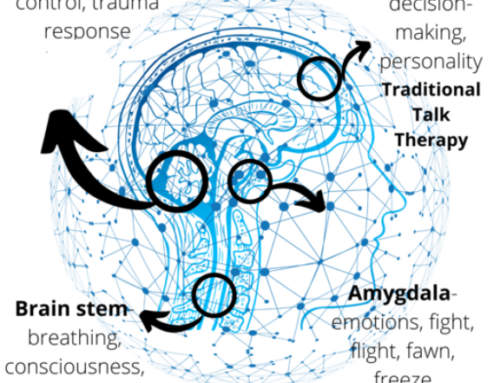Today’s post on chronic illness is inspired by an amazing young woman, named Micaela. We met awhile back when I was on a medical advisory panel and filmed content for a postpartum company. She was the brand’s social media wizard. Micaela recently reached out to me to help her with images for her own company, My July. Long story short, Micaela struggled her whole life with misdiagnoses, ultimately realizing she had Lyme disease and likely contracted mold in utero. Her chronic illness included debilitating skin conditions that led her, with her mom, Dawn, to start their own skin care line. Core among their products is a natural tick and mosquito repellent, called Woods Nature Spray. Today, they launched Woods Dog Spray.

Isn’t Leo, the Golden Doodle, distractingly sweet? Anyway… so why am I posting this story here? There are two big themes in her story I want to share.
Often, people with chronic health issues spend years – sometimes decades – feeling dismissed, confused, or outright blamed for their symptoms. And while I’m not Micaela’s therapist, her story highlights two psychological themes I see all the time in my work.
1. The impact of not being seen or heard by medical providers
Living with chronic illness affects far more than the body. There’s the exhaustion, the pain, the disruption to daily life… but there is also the psychological toll of constantly having your reality questioned.
And within chronic illness, there are layers:
• Chronic illness
A long-term condition reshapes your identity, your routines, and your sense of safety in your own body. Many of my clients describe feeling like they’re living a “double life” trying to function externally while managing symptoms internally.
• Invisible illness
When you “look fine,” people assume you are fine. Partners, coworkers, friends, even doctors may unintentionally minimize what they cannot see. The disconnect between appearance and lived experience can lead to shame, self-doubt, and deep loneliness.
• Functional illness (symptoms that change or flare unpredictably)
The inconsistency itself becomes traumatic. One day you can accomplish everything on your list; the next you can’t get out of bed. Clients often tell me, “I feel unreliable, even to myself.” That unpredictability erodes trust in your own body.
• Functional neurological disorders (FND)
FND sits in one of the most misunderstood intersections of neurology and mental health. Symptoms are real, not imagined, but because scans look normal, many patients are mislabeled, dismissed, or told it’s “just stress.” The combination of real physical symptoms plus invalidation can create profound psychological injury.
Across all of these, one pattern is heartbreakingly common: it is often harder for women to be believed. Studies consistently show that women are diagnosed later, receive less adequate pain treatment, and are more likely to be told symptoms are “anxiety.” Add misdiagnosis, gaslighting, or the revolving door of invalidation, and we get what’s often called medical trauma, a trauma that comes not just from illness, but from the systems meant to help.
Being repeatedly dismissed can make future medical visits feel terrifying. It can trigger feelings of helplessness, hypervigilance, or even full panic. And it shapes how people relate to their bodies and sometimes creating a sense of betrayal or mistrust.
Which brings me to the second theme.
2. Post-traumatic growth with chronic illness
Post-traumatic growth doesn’t mean the trauma was “worth it” or that someone should be grateful for suffering. What it does describe is the very real phenomenon where, after surviving something profoundly difficult, people sometimes develop:
-
a stronger sense of purpose
-
deeper compassion
-
clarity about what (and who) matters
-
new priorities
-
creativity or innovation that didn’t exist before
This does not erase pain or invalidate struggle. It simply honors the truth that humans can create meaning, even from the hardest circumstances.

And Micaela and her mom, Dawn? Best friends, they are walking examples of post-traumatic growth.
Instead of collapsing under years of misdiagnosis and debilitating symptoms, they turned their lived experience into something healing for themselves and for others. My July wasn’t born from a place of ease; it was born from a place of knowing – knowing the desperation of searching for relief, the exhaustion of being dismissed, and the empowerment of finally understanding your own body.
Creating My July – and now Woods Dog Spray – isn’t just entrepreneurship. It’s reclamation. It’s taking back power from systems that failed them. And it’s contributing something meaningful to a world full of people (and pets!) navigating similar fears about ticks, illness, and the unknown.
Finding Support While Navigating Chronic Illness and Medical Trauma
If any part of Micaela’s story resonates with you, the years of not being believed, the grief of losing the life you thought you’d have, or the exhaustion of advocating for yourself, then therapy can offer a grounding and supportive space to process it all.
In my work with clients navigating chronic or invisible illnesses, I often use Interpersonal Psychotherapy’s Grief and Loss Crossroads. It’s a simple but profound framework that helps people:
- name and validate the losses that come with illness
- grieve the version of life they expected to have
- acknowledge the relationships or roles that have shifted
- explore how to move forward with self-compassion and clarity
Medical trauma and chronic illness create layers: physical, emotional, relational, and existential layers. You don’t have to untangle them alone. Processing these layers with a skilled therapist can help rebuild trust in your body, repair the sense of self that illness can fracture, and create space for healing or even post-traumatic growth.
A moment for the women behind My July

Micaela and Dawn’s work through My July is such a beautiful reminder that healing can take many forms. Their natural skincare line is made without perfumes, endocrine disruptors, or any of the “mystery ingredients” you need a chemistry degree to decipher. Just botanicals. Just intention. And yes, everything smells amazing in that subtle, clean, real-plants way.
If you’re navigating chronic illness, medical trauma, or the grief of a life that changed without your permission, please know you’re not alone. And if you’re in California and seeking support, I’m here. To schedule a free 15 minute phone consultation, text me at 619-289-7818.

![Perimenopause and Mental Health: What to Expect and Solutions for Feeling Better [Video]](https://www.burdtherapy.com/wp-content/uploads/2026/01/Perimenopause-and-Mental-Health-What-to-Expect-and-Solutions-for-Feeling-Better-500x383.png)




What are your thoughts?